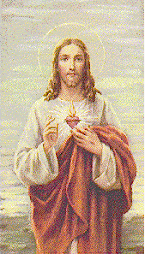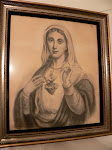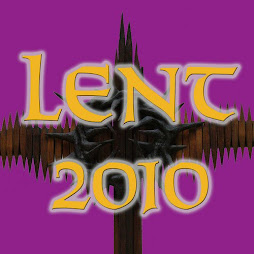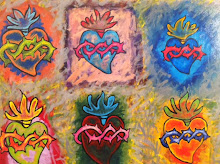Today is Tuesday, January 14, 2014.
Good Morning.
A thought for the day:
God is neither remote nor reluctant.
The Church’s 1st reading for today: 1 Samuel chapter 1 verses 9-20
Hannah rose after a meal at Shiloh,
and presented herself before the LORD;
at the time, Eli the priest was sitting on a chair
near the doorpost of the LORD’s temple.
In her bitterness she prayed to the LORD, weeping copiously,
and she made a vow, promising: “O LORD of hosts,
if you look with pity on the misery of your handmaid,
if you remember me and do not forget me,
if you give your handmaid a male child,
I will give him to the LORD for as long as he lives;
neither wine nor liquor shall he drink,
and no razor shall ever touch his head.”
As she remained long at prayer before the LORD,
Eli watched her mouth, for Hannah was praying silently;
though her lips were moving, her voice could not be heard.
Eli, thinking her drunk, said to her,
“How long will you make a drunken show of yourself?
Sober up from your wine!”
“It isn’t that, my lord,” Hannah answered.
“I am an unhappy woman.
I have had neither wine nor liquor;
I was only pouring out my troubles to the LORD.
Do not think your handmaid a ne’er-do-well;
my prayer has been prompted by my deep sorrow and misery.”
Eli said, “Go in peace,
and may the God of Israel grant you what you have asked of him.”
She replied, “Think kindly of your maidservant,” and left.
She went to her quarters, ate and drank with her husband,
and no longer appeared downcast.
Early the next morning they worshiped before the LORD,
and then returned to their home in Ramah.
When Elkanah had relations with his wife Hannah,
the LORD remembered her.
She conceived, and at the end of her term bore a son
whom she called Samuel, since she had asked the LORD for him.
* * *
The point of our discouragement, despair, and disappointment is the place of God's beginning. It is not in getting the right spiritual discipline or the latest strategic planning process that will meet our needs. As Hannah reveals, it is in simply and straightforwardly expressing our need to God. In doing so, Hannah recognized that wholeness in her life lay beyond those things that she can and cannot control and rested in God as the larger reality in life.
In Hannah's darkest hour, she came to the house of the Lord and poured her soul out to God. She defined herself as a woman deeply troubled. She felt, because of her barrenness, that many looked upon her as a worthless woman. She explained to Eli, the priest, "I am an unhappy woman." She cried out in her misery, saying to the Lord, “think kindly of your maidservant."
Many have felt the same anxiety and vexation that Hannah felt. The barrenness that you labor under may be the lack of accomplishment and achievement. One's sense of "worthlessness" can result from the inability to reach one's goals and ambitions, instead experiencing constant defeat and setback. The unkind words and caustic criticism of others, like Hannah constantly received from Peninnah, can cause you to weep and lose your appetite, as Hannah did. How easy it is to slip into an attitude of "worthlessness".
But this is a story of God's grace coming to Hannah at the darkest moment of her life. It can also be the story of God's grace for us. It is the story of a dynamic grace that can transform the future and bring hope amid despair and pain. God remembered Hannah! In her darkest moment she made her greatest discovery. God did not forget her. God heard her cry, sensed her misery, and answered her prayer.
What God did for Hannah, God can do for you.
God bless,
Father Pat
Tuesday, January 14, 2014
Subscribe to:
Post Comments (Atom)




























No comments:
Post a Comment